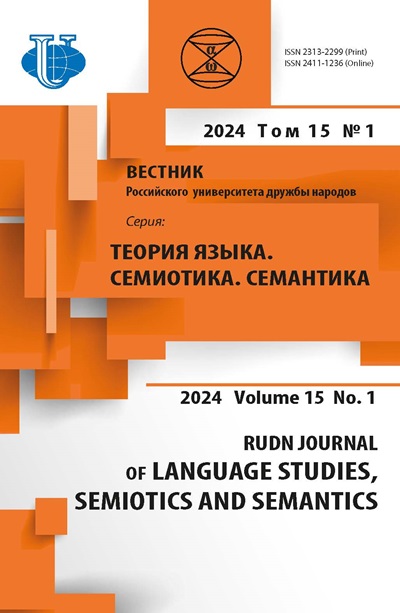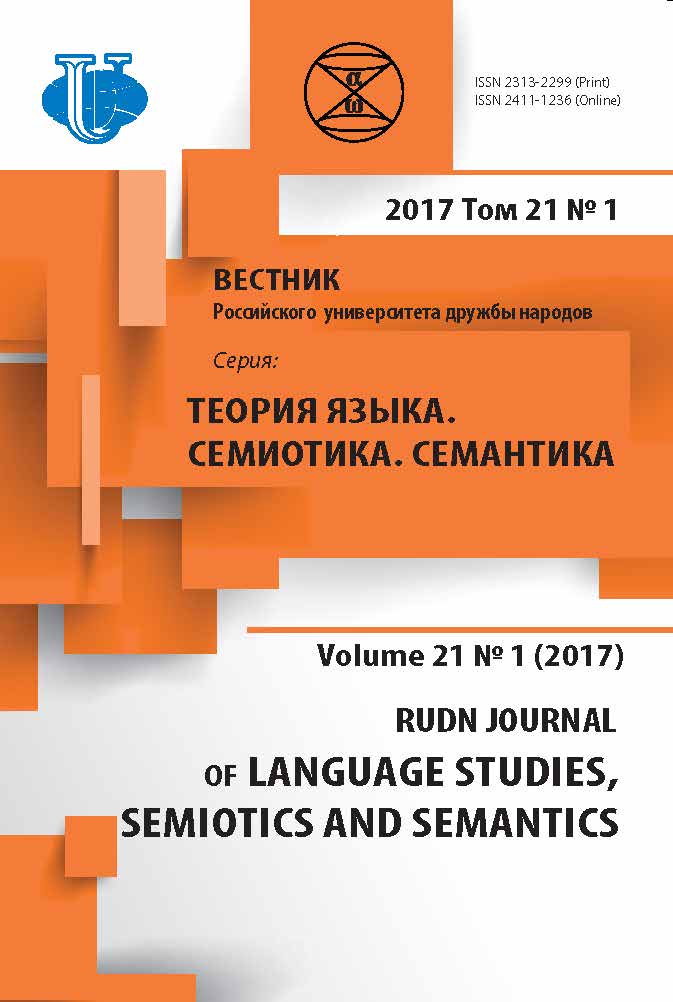Speech acts of praise and approval in the pedagogical discourse
- Authors: Temirgazina ZK1, Bachurka MS1
-
Affiliations:
- Pavlodar State Pedagogical Institute
- Issue: Vol 8, No 1 (2017)
- Pages: 97-105
- Section: Articles
- URL: https://journals.rudn.ru/semiotics-semantics/article/view/15614
- DOI: https://doi.org/10.22363/2313-2299-2017-8-1-97-105
Cite item
Full Text
Abstract
Positively evaluative speech acts: praise and approval, the most common in the Russian-speaking pedagogical discourse, are investigated in this article. Similarities and differences of praise and approval are viewed here from a pragmatic, propositional points of view; approval contains in its propositional structure such a component as an argument of evaluation that does not exist in the structure of statements of praise. These two speech acts differ according to the parameters of intensity/non-intensity, emotionality/lack of emotionality, objectivity/subjectivity. Statements of praise and approval, homogeneous and heterogeneous, in sense of intention, are revealed, heterogeneous speech acts of praise are complicated by additional intentions of recommendations, advice, edification, criticism. The main features of the language representation of the analyzed speech acts are identified in this work. Direct speech acts of praise and approval are expressed by predicate of general and specific evaluation of intellectual and ethical character. Praise and approval may have a performative expression using verbs praise and approve. The statements of praise, approval may also have a short and full form.
About the authors
Z K Temirgazina
Pavlodar State Pedagogical Institute
Email: zifakakbaevna@mail.ru
Mira str., 60, Pavlodar, Kazakhstan, 140000
M S Bachurka
Pavlodar State Pedagogical InstituteMira str., 60, Pavlodar, Kazakhstan, 140000
References













